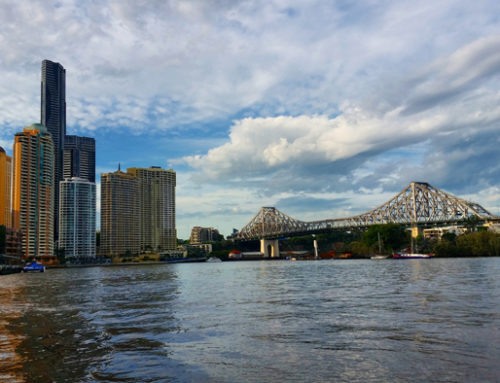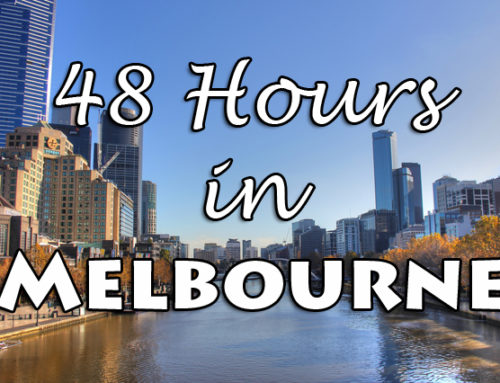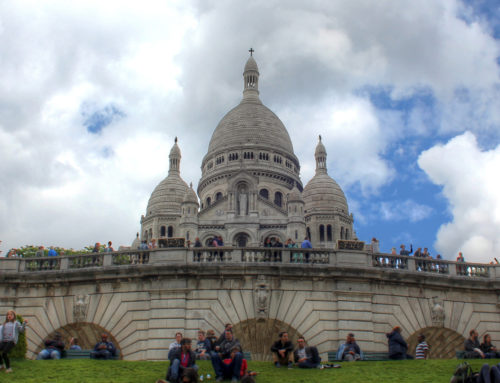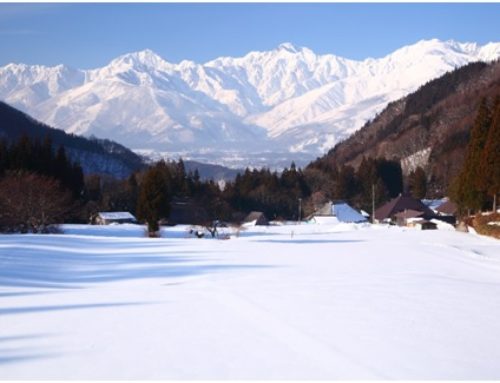This post may contain affiliate links. If you make a purchase by clicking on these links, I may earn a small commission at no extra cost to you. Read the disclaimer for more information.
One of the things that I find most annoying about travelling overseas is getting visas. At the moment I am having to look into getting another visa for Thailand, which means exiting the country. Luckily, getting a visa for Thailand is quite simple, but some countries make it very difficult to enter, no matter who you are or where you are from. This article is written by Chloe Thomas who is an expert on getting visas for overseas travel, and today she is going to talk about some of the bureaucratic hurdles that you have to jump to enter some of these countries.
“The only thing that saves us from the bureaucracy is its inefficiency” – Eugene McCarthy
Exclusive invitations, lengthy applications, long lines in ageing embassies, enough red-tape to wrap the world twice over, fingerprinting, ‘unofficial’ fees and the worrying prospect of being unable to leave should you overstay are all part of the package when attempting to obtain visas for some countries.
Of course, depending on your nationality and whether you wish to work or merely remain a tourist, the processes involved vary – meaning visitors from the U.K may very well have a very different experience to those from the U.S. Here we take a look at some of the most challenging, annoying and sometimes ridiculous bureaucratic hurdles in place whilst we all hope that the future will prove Eugene McCarthy’s famous quote to be true.
Bhutan: Amongst the most difficult and expensive countries to enter is Bhutan since any trip must be paid in advance. Your flight, accommodation, travel, taxes and tour guides are all included in the price set by a Bhutanese travel agent and these range from $200-$300 per day. However, once inside, your only financial worries are the mountains of souvenirs you’ll be coerced into buying.
Iran: High-level security and lengthy application periods typify entry into Iran. With very little information regarding the status of your application you can expect to wait months (if not years) for your validation (or rejection). Citizens of both the UK and the USA will also be expected to provide fingerprints.
USA: Perhaps a little surprising for a country created off the back of immigration (although not so surprising for a country obsessed with illegal immigrants) the U.S. can be very difficult to enter. If the NSA have been keeping a sneaky eye on you or if you have any kind of criminal record then ‘forget about it’. Lengthy application periods also exist so, if you’re tired of waiting in line then why not try your luck here and experience the American Dream with your very own green-card.
DPRK (North Korea): With a similar ‘package deal’ to that of Bhutan, anyone from the US, Japan or Israel is likely to receive a flat refusal and anyone lucky enough to gain entry will be accompanied at all times. Photo opportunities are limited and strictly controlled and there is always the possibility that you will be detained as an enemy of the state.
Russia: With recent news that high profile celebrities Madonna and Lady Gaga are likely to be prosecuted for breaking immigration law, the Russian visa process is a metaphorical minefield. An official invitation is required and tourist visas adhere to a strict 30 days time-limit. Stay any longer and you may have more trouble getting out than you had getting in.
Photo by Images of Money on Flickr








USA has a very strict policy when it comes to those visa applicants who wish to enter their country. Good thing there’s a visa companies online that help immigrants with their visa process such as http://www.migrationexpert.com/migration_expert_us/ I find them very efficient and their immigration lawyers are very friendly on assisting me and give good advice regarding my problems.
You are right. It’s one of those hurdles you have to jump while traveling. You’ve got a great travel blog with interesting stories. Thanks for sharing